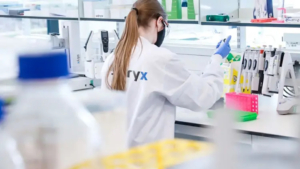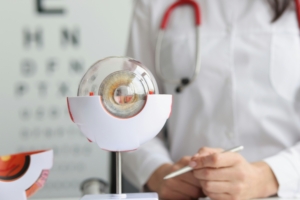New momentum for SMEs
Antimicrobial resistance:?In 2017, the development of new drugs and diagnostics to combat multidrug-resistant pathogens gained momentum in Europe. Small and medium-sized companies (SMEs) successfully raised financings and grants - and some new start-ups entered the scene. To continue this trend, specific support for SMEs is needed, says the BEAM Alliance.
About €218m has been raised from public or private sources by European SMEs active in the field of antimicrobial resistance (AMR) in 2017. Among them were German-French Allecra, which convinced new investors or listed British Motif Bio, which secured a US$20m debt financing with Hercules Capital, and Austrian Nabriva, which went public with a secondary listing on Nasdaq, raising US$80m. Danish Antibio-TX and Spanish Stat Diagnostics benefited from the InnoFin instrument of the European Investment Bank; others received fundings from US-based organisations such as CARB-X or BARDA.
Another success for the European community was the market approval of a viral drug developed by German Aicuris in November, securing long-term turnover to further develop the companies antibiotics pipeline. With Phagomed (Austria), Lumobiotics (Germany), Vaxdyn (Spain), AGiLebiotics (Netherlands), and MetaLinear (UK), the AMR field also experienced a new wave of start-ups. These developments demonstrate that there is a growing dynamic in the AMR market, fueled by SMEs and funding programmes targeted to support smaller companies with risky R&D projects. In 2017, several further initiatives have been established so that experts expect more growth in the future. Addressing the specific requirements of SME-driven innovation within current AMR initiatives is key in order to provide patients with effective drugs that can win the fight against AMR, says Marc Lemonnier, CEO of Antabio. The French biotech company is among the 40 members of the European BEAM Alliance, which represents SMEs active in AMR.
How to support SMEs?
In mid-November, the association published a position paper calling on policymakers to implement ten recommendations to support SME-driven innovation. The alliance points out that to design effective PUSH and PULL mechanisms requires understanding the specific nature and needs of SMEs. It is of enormous importance to ultimately revive R&D in AMR by developing compelling surveillance data, encouraging out-of-the-box thinking, rewarding R&D evidence, and strengthening existing scientific expertise, says Marc Gitzinger, CEO of Swiss BioVersys AG and Vice-President of the BEAM Alliance.
But how should public support be organised to provide the best environment for SMEs to grow in an area where traditional market mechanisms don’t work? This question will be among the key topics of the upcoming Berlin Conference "Novel Antimicrobials & AMR Diagnostics" to which the BEAM alliance, together with Berlin-based BIOCOM AG, invites all interested parties in March 2018. More than 20 speakers have already confirmed their attendance for the one-day conference. The event will offer a discussion platform for the more than 200 expected high-level representatives from policy, academia, industry, and the finance sector.
(First published in European Biotechnology, Winter Edition 2017)


 Sitryx Therapeutics
Sitryx Therapeutics
